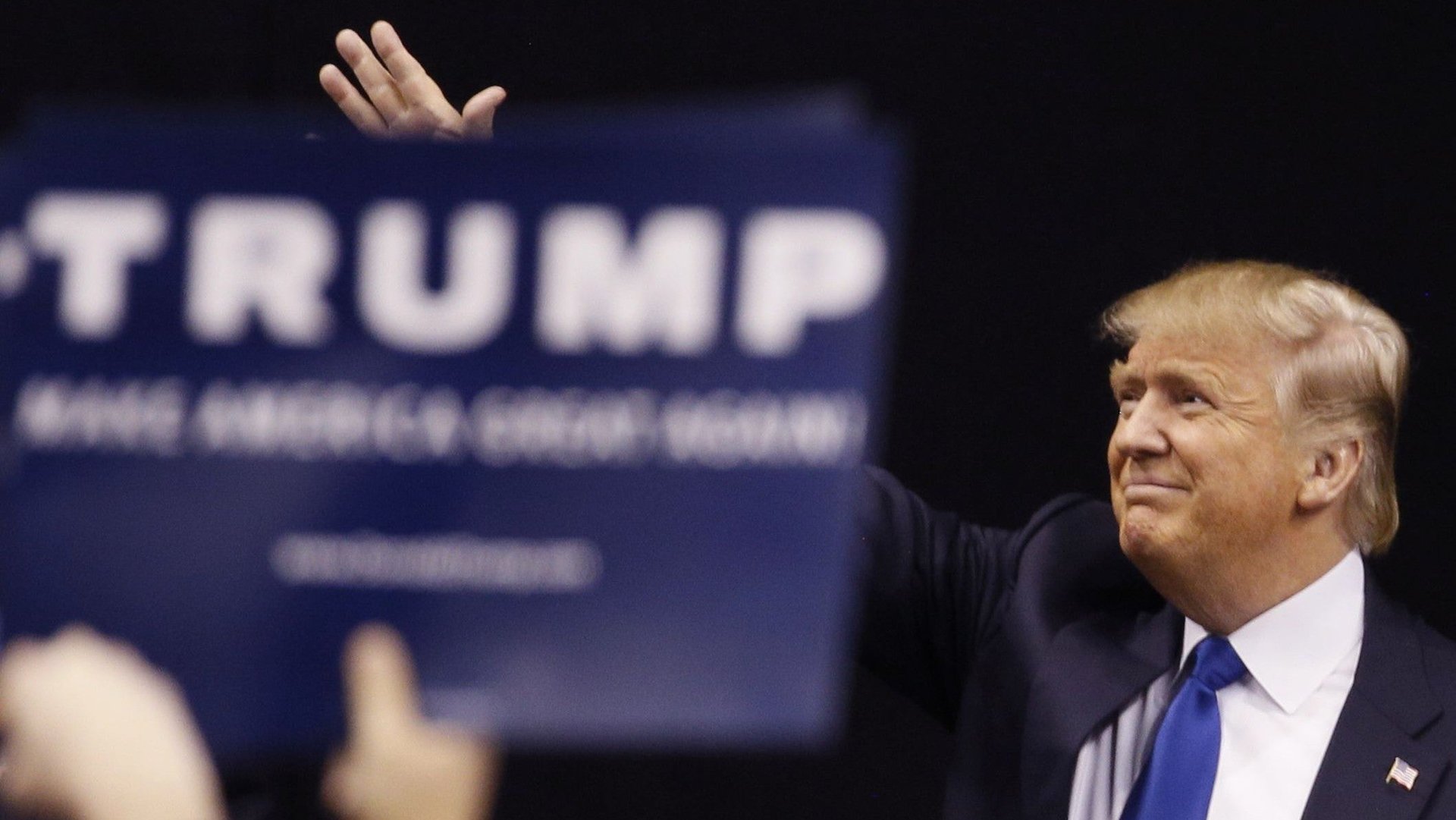In 1922, the New York Times thought Hitler didn’t really believe his own racist rhetoric
In 1922, Adolf Hitler was a rising power in German politics, just having become the leader of the newly founded Nazi party. In its first mention of the future dictator, The New York Times downplayed Hitler’s anti-Semitism, writing that it was merely a tool of propaganda, employed to gain more followers.


In 1922, Adolf Hitler was a rising power in German politics, just having become the leader of the newly founded Nazi party. In its first mention of the future dictator, The New York Times downplayed Hitler’s anti-Semitism, writing that it was merely a tool of propaganda, employed to gain more followers.
Several “reliable, well-informed sources” told the Times that Hitler’s anti-Semitism was “not so genuine or violent as it sounded.”
This echoes some theories about today’s frontrunner for the Republican presidential nomination—namely that he doesn’t really believe in the controversial positions he has staked out. Ben Smith of Buzzfeed reported that the Times had an off-the-record interview with Trump where he suggested there was room for negotiation in his hardline immigration policy.
Smith quotes Times columnist Gail Collins, who wrote:
“The most optimistic analysis of Trump as a presidential candidate is that he just doesn’t believe in positions, except the ones you adopt for strategic purposes when you’re making a deal. So you obviously can’t explain how you’re going to deport 11 million undocumented immigrants, because it’s going to be the first bid in some future monster negotiation session.”
Sources familiar with the recording told Smith that “the second sentence is a bit more than speculation. It reflects, instead, something Trump said about the flexibility of his hardline anti-immigration stance.”
On the flip side, there is the more pessimistic view of a Trump presidency, based on his desire to wall off America from Mexico, his anti-Muslim comments, and his lackluster disavowal of the KKK. Trump has even been compared to Hitler himself by former Mexican president Vincente Fox, while his supporters are easily fooled into thinking quotes by the Nazi leader are Trump’s own.
Eric Posner wrote for Quartz how Trump could become America’s first dictator, arguing that “the separation of powers is a flimsy constraint on Trumpian ambitions.” Annalisa Merelli warns that in Italy, the outlandish former prime minister Silvio Berlusconi also seemed too absurd to be true, but he kept getting elected, again and again, leaving the country’s economy in shambles and political culture rife with misogyny.
The Donald himself doesn’t seem to mind the dictator comparisons, and in fact, makes them himself: